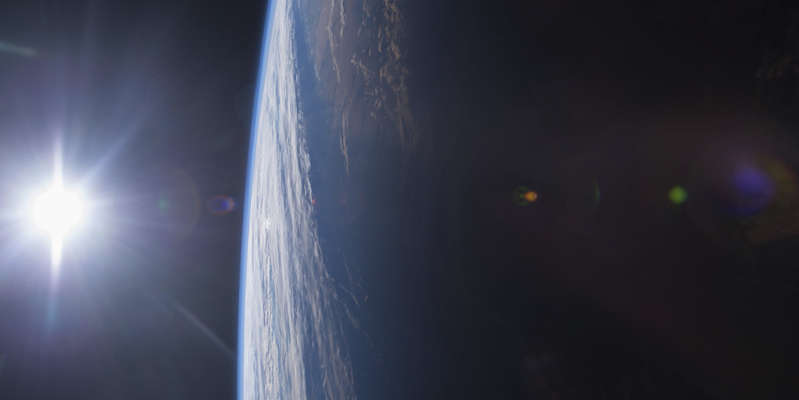
The oceans predicted global changes by 2100
The surface waters of Earth's oceans could become virtually uninhabitable by 2100, experts said. This is due to growing carbon dioxide emissions, according to Nature Scientific Reports.
The oceans have already absorbed about a third of the carbon emissions generated since the start of the industrial revolution. The rapid growth of CO2 changes the chemical composition of the water, oxidizing it, and this is bad for marine ecosystems.
American researchers decided to find out what impact carbon pollution has already had on the ocean surface since the mid-19th century. This data allowed them to make predictions for the future.
Scientists have chosen three time periods: the beginning of the 19th century (1795-1834), the end of the 20th century (1965-2004) and the end of the 21st century (2065-2114). They created computer models to illustrate climate change.
The results showed that with a gradual decrease in greenhouse gas emissions, 36% of the surface waters of the World Ocean will be affected. If emissions continue to grow at their current rate over the next 80 years, this figure will rise to 95%.
The team also found that while the ocean's surface climate remained virtually unchanged during the 20th century, up to 82% of the land could experience unprecedented heating by 2100. Lead author of the study, Kathy Lotterhoes of Northeastern University's Center for Marine Sciences, said changes in ocean composition due to carbon dioxide pollution are likely to affect all surface species. They will have to adapt to new conditions.
Nowadays, many marine species migrate to avoid too warm and acidic waters. But in the future, they may not have this opportunity, since the entire ocean will heat up.
“Communities of species that live in one area will continue to change rapidly in the coming decades,” the scientists noted.
Earlier it was reported that British scientists have created an artificial intelligence system. It will help predict ice loss in the Arctic.

